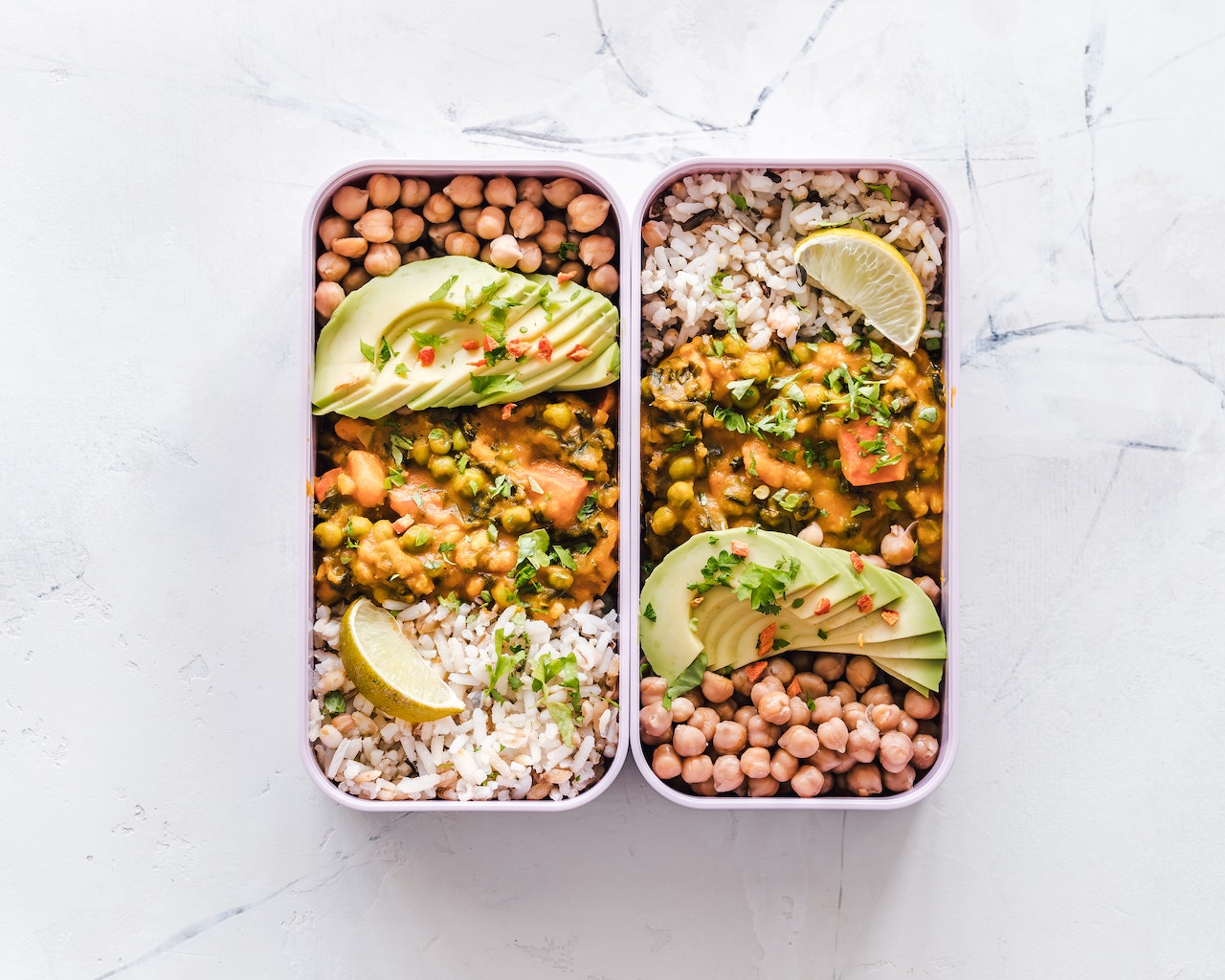#Healthy Habits: 8 Ways to Make Your Diet Work for You

Table of Contents
In today’s fast-paced world, it’s easy to fall into the trap of unhealthy eating habits. We often grab convenient, processed foods that are high in sugar, salt, and unhealthy fats, and neglect the importance of a balanced and nutritious diet. However, making small changes to your eating habits can have a significant impact on your overall health and well-being. In this article, we’ll discuss eight simple and effective ways to make your diet work for you and promote a healthier lifestyle. From planning your meals to choosing nutrient-dense foods, we’ll provide practical tips to help you establish healthy habits that will benefit you in the long run. So, let’s dive in and discover how you can transform your diet and improve your health!
Understanding Your Nutritional Needs
Before we get into the specifics of healthy eating, it’s essential to understand your nutritional needs. The human body requires a variety of essential nutrients, including carbohydrates, proteins, fats, vitamins, and minerals, to function correctly. The amount of each nutrient you need depends on several factors, including your age, gender, weight, and activity level. For example, athletes and physically active individuals require more carbohydrates and proteins than sedentary people.
To determine your nutritional needs accurately, it’s best to consult a registered dietitian or use an online calculator. Once you know your nutritional requirements, you can plan your meals accordingly to make sure you’re getting the right balance of nutrients.
Meal Planning
Meal planning is a crucial aspect of healthy eating. When you plan your meals, you’re less likely to reach for unhealthy snacks or fast food when you’re hungry. Plus, it saves time and money in the long run.
Start by creating a weekly meal plan that includes breakfast, lunch, dinner, and snacks. Choose recipes that are easy to prepare, nutritious, and delicious. Make a grocery list based on your meal plan and stick to it when you go shopping.
Meal prepping is another helpful strategy to ensure you have healthy meals ready to eat throughout the week. Set aside a few hours on the weekend to prepare ingredients, cook meals, and portion them out into containers. This way, you can grab a healthy meal on the go or reheat it quickly when you’re short on time.
Incorporating More Fruits and Vegetables
Fruits and vegetables are essential sources of vitamins, minerals, fiber, and antioxidants. They also add color, texture, and flavor to your meals. Aim to include at least five servings of fruits and vegetables in your diet every day.
To make it easier to incorporate more fruits and veggies into your meals, try to include them in every meal and snack. Add spinach or kale to your morning smoothie, snack on carrots and hummus, and include a variety of veggies in your stir-fry or pasta dishes.
If you struggle to eat enough fruits and vegetables, consider adding a green juice or smoothie to your daily routine. You can also try frozen fruits and veggies, which are just as nutritious as fresh and can be more convenient and cost-effective.
Choosing the Right Types of Protein
Protein is essential for building and repairing tissues, maintaining muscle mass, and keeping you feeling full and satisfied. However, not all protein sources are created equal.
Choose lean protein sources like chicken, turkey, fish, and legumes, which are low in saturated fat and high in nutrients. Avoid processed meats like hot dogs and deli meats, which are high in sodium and preservatives.
If you’re vegetarian or vegan, make sure you’re getting enough protein from sources like tofu, tempeh, beans, lentils, nuts, and seeds. You can also try plant-based protein powders, which are convenient and versatile.
Healthy Fats and Why You Need Them
Fat is an essential nutrient that provides energy, helps absorb vitamins, and supports brain and heart health. However, not all fats are created equal.
Choose healthy fats like those found in nuts, seeds, avocados, fatty fish, and olive oil. These fats are high in monounsaturated and polyunsaturated fats, which can help lower cholesterol levels and reduce the risk of heart disease.
Avoid trans fats and saturated fats, which are found in fried foods, baked goods, and processed snacks. These fats can raise cholesterol levels and increase the risk of heart disease, stroke, and other health problems.
Mindful Eating and Portion Control
Mindful eating is a practice that involves paying attention to your food, savoring each bite, and eating without distractions. This approach can help you become more aware of your hunger and fullness cues, prevent overeating, and improve your relationship with food.
Portion control is another important aspect of mindful eating. Use smaller plates, bowls, and cups to control your portions, and avoid eating straight out of the bag or container. Take your time and enjoy your food, and stop eating when you feel satisfied, not stuffed.
Staying Hydrated and the Benefits of Water
Drinking enough water is essential for overall health and well-being. Water helps regulate body temperature, flush out toxins, and keep your skin, hair, and nails looking healthy.
Aim to drink at least eight glasses of water a day, and more if you’re physically active or live in a hot climate. You can also get hydrated through other sources like herbal tea, coconut water, and fruits and vegetables with high water content.
Avoid sugary drinks like soda, juice, and energy drinks, which can add unnecessary calories and sugar to your diet. These drinks can also lead to dehydration and other health problems.
Utilize Healthy Meal Delivery Services
If you’re short on time or don’t enjoy cooking, consider utilizing healthy meal delivery services like a meal delivery service in Calgary. These services provide pre-made meals that are nutritious, delicious, and convenient.
Choose a service that offers a variety of meal options, caters to your dietary needs, and uses high-quality ingredients. You can also find services that deliver fresh ingredients and recipes to your door, allowing you to cook healthy meals at home without the hassle of meal planning and shopping.
Bottom Line
Incorporating healthy habits into your diet doesn’t have to be complicated or overwhelming. By understanding your nutritional needs, planning your meals, choosing nutrient-dense foods, staying hydrated, and practicing mindful eating, you can transform your diet and improve your overall health and well-being. Remember to make small changes over time and be patient with yourself. Healthy eating is a journey, not a destination.
by Samantha Higgins
If you liked the article, do not forget to share it with your friends. Follow us on Google News too, click on the star and choose us from your favorites.
For forums sites go to Forum.BuradaBiliyorum.Com
If you want to read more News articles, you can visit our General category.



